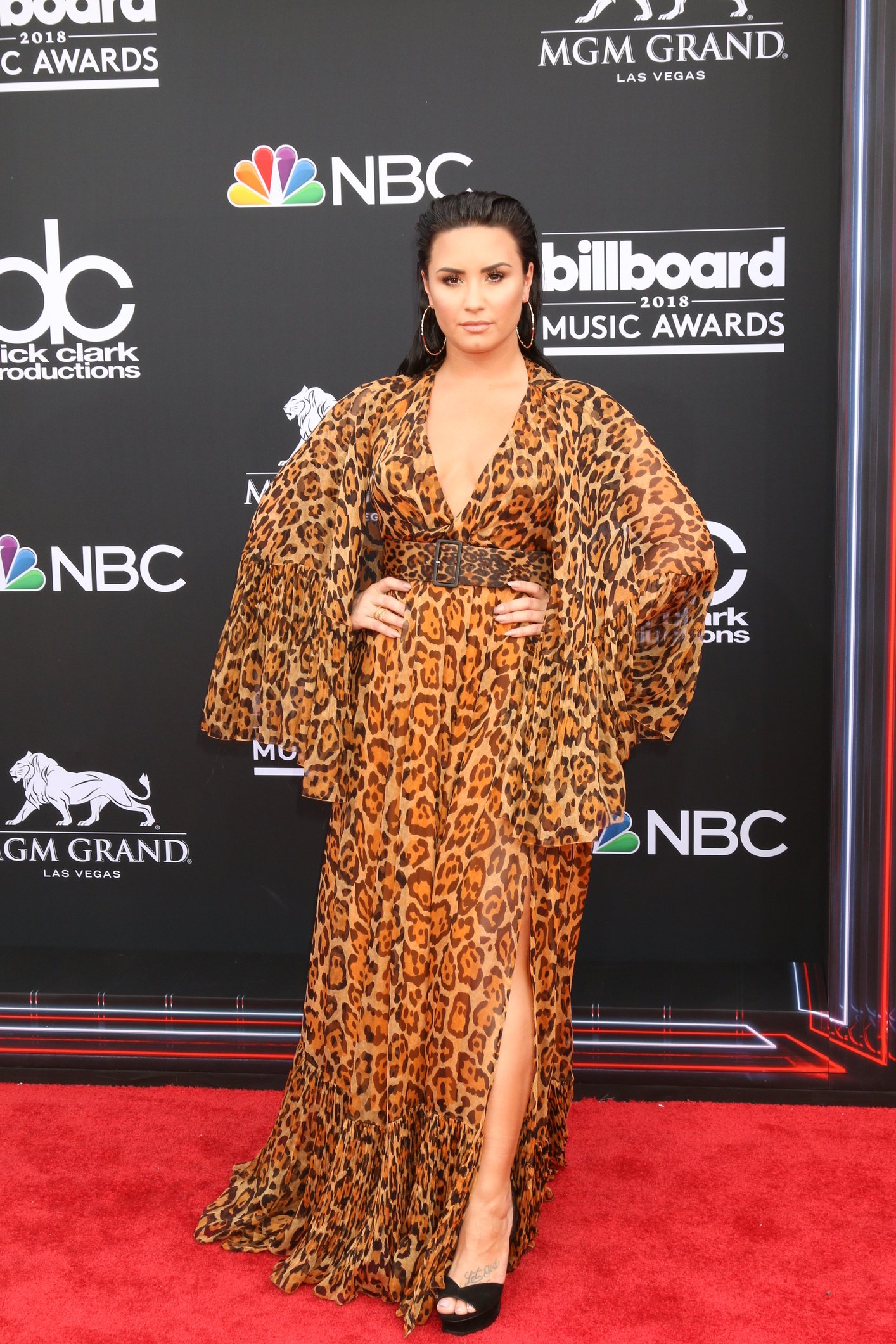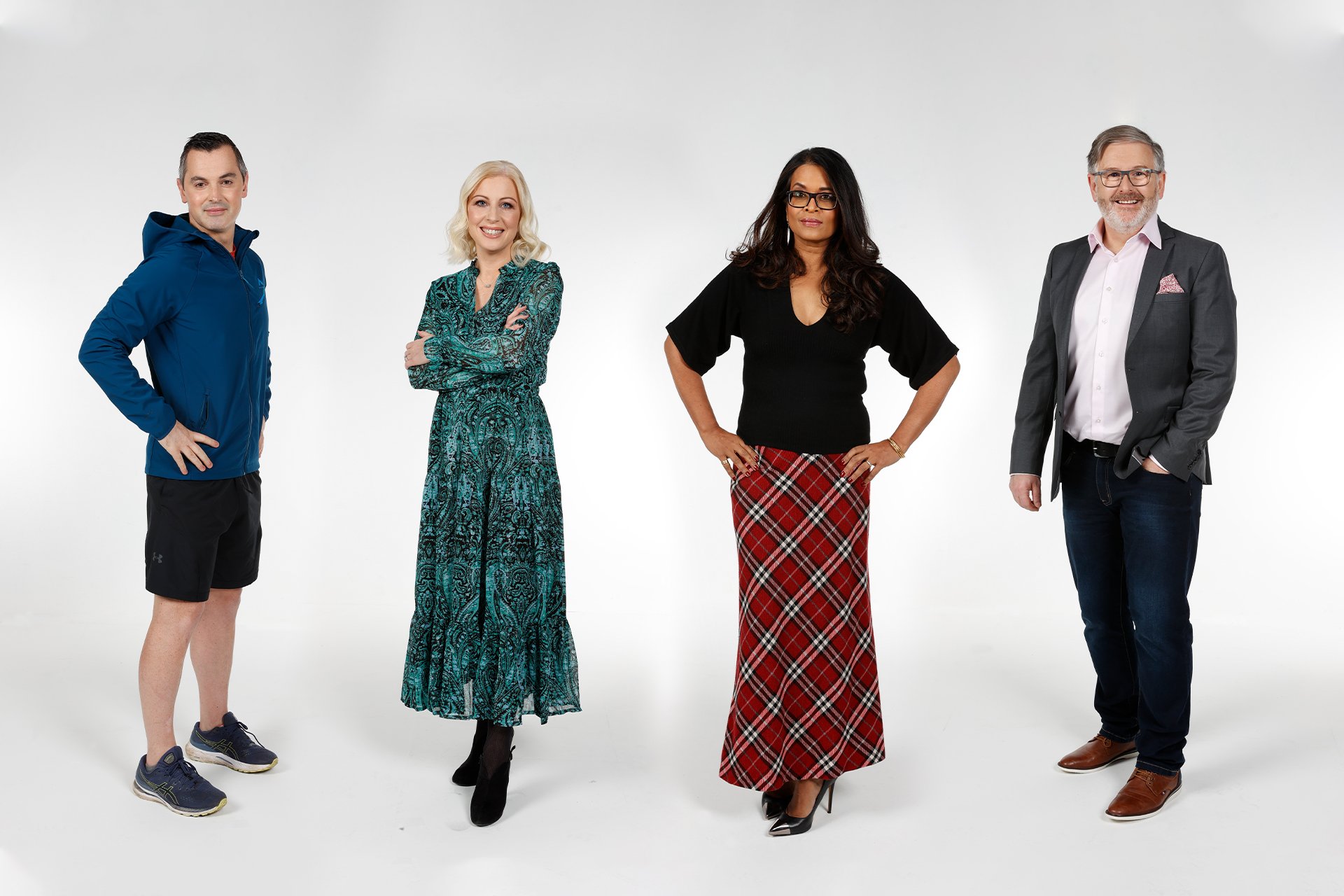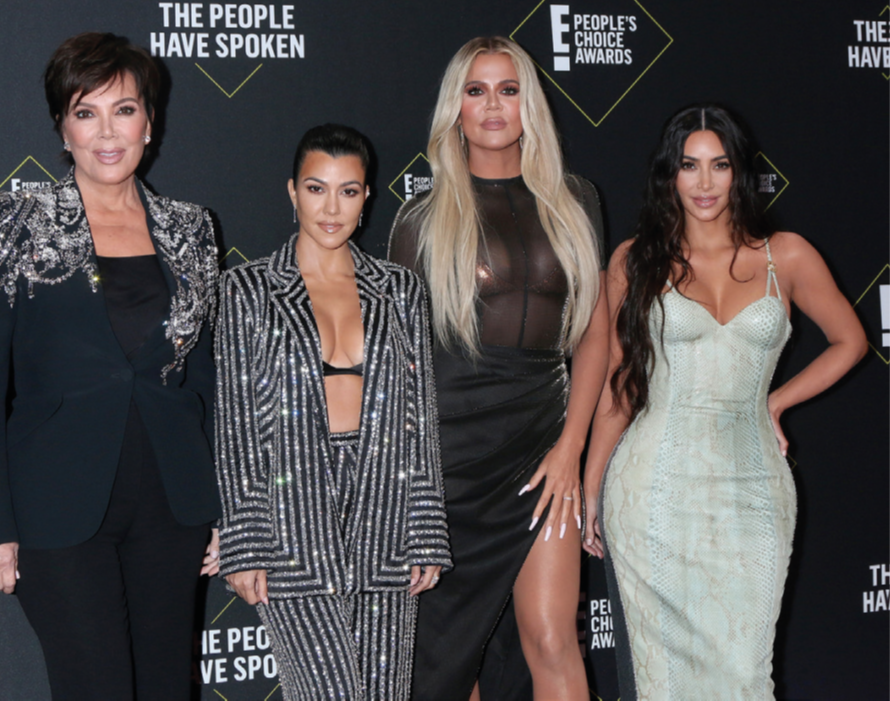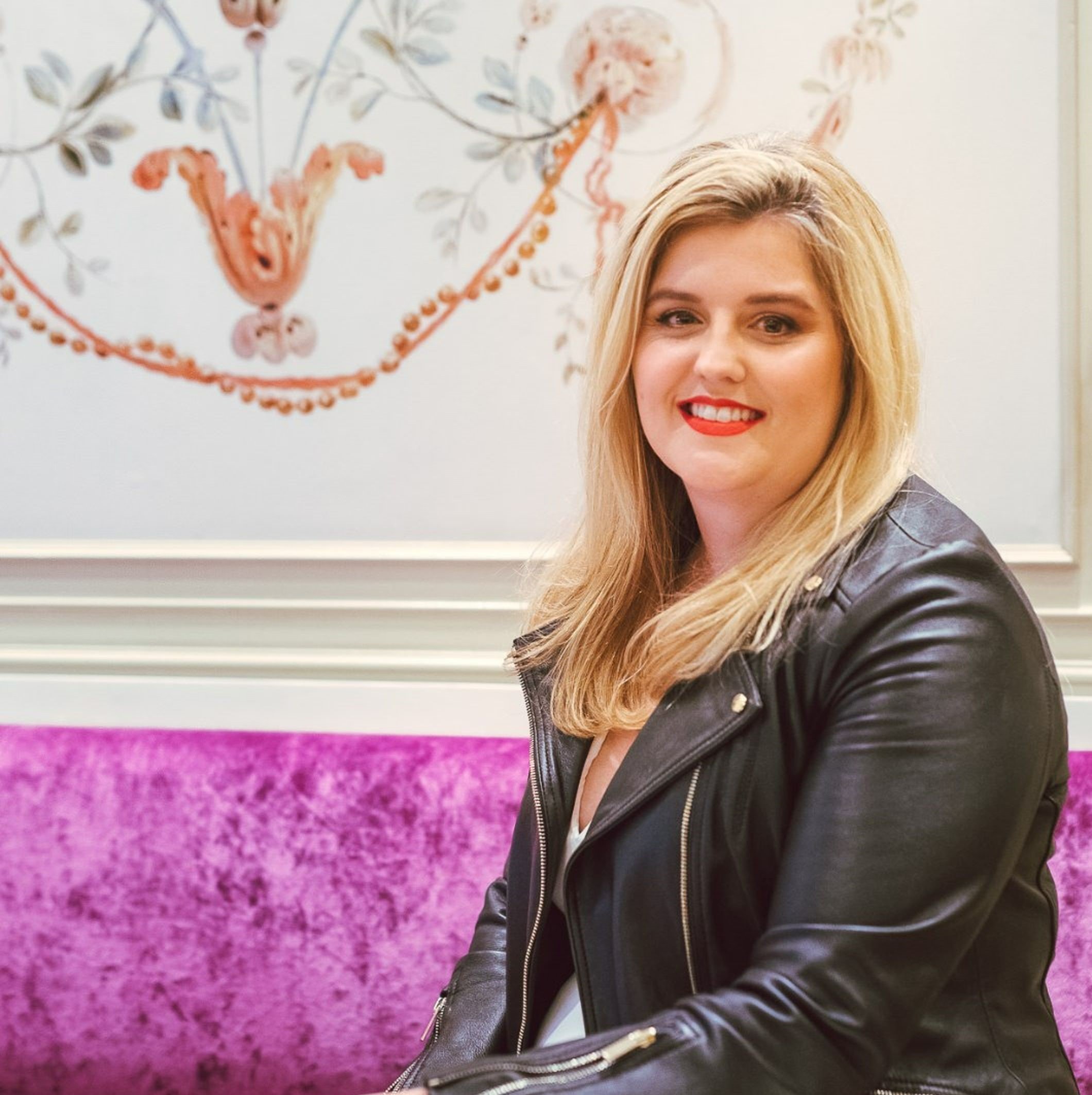Balancing the Scales
From shutting down weight shaming, to changing the dialogue on diet talk, Niamh O’Reilly delves into why it’s no longer acceptable to comment on a person’s body and how change starts from within.
Nicola Coughlan
Nothing tastes as good as skinny feels.” Many who grew up in the era of ‘heroin chic’ on the runway will remember supermodel Kate Moss’s notorious mantra.
While Moss has since distanced herself from her infamous words, they illustrate a toxic mindset that has been hardwired into many of us from an early age. ‘Skinny is good, fat is bad’ is the unhealthy message we’ve been fed, long before Moss was even born.
Anyone who’s ever felt pressure to ‘slim into’ that pair of jeans, ‘get their body back’ after having a baby, or ‘get in shape’ for the beach, will be acutely aware of the peculiar situation of people randomly passing comments on their bodies. From strangers on the street, to friends or even close family members making toxic remarks about body size and shape, it has built up an inward lack of confidence in our own bodies.
The skewed narrative has left many grown women still dealing with the trauma today. “The majority of my clients are in their 30s or 40s and grew up with beauty ideals of thinness, big boobs and straight hair”, says Sarah Lyons award winning body confidence coach. “When you are surrounded by these damaging but accepted beauty ideals, it leads to a belief that you need to look like this to be accepted and if you don’t, then you are not enough. This leads to low self-worth, a lack of confidence and disordered eating. Today, there’s a whole generation of women who have been on and off diets for most of their lives.
For these women, along with many others, theincrease in ‘diet talk’ can be extremely triggering.
“It’s such a loaded phrase and can bring terror to many women’s minds. Forme it brings up memories of guilt, shame and being really hungry”, shares Sarah. “Talking about diets or focussing too much on dieting can impact mental health, bringing feelings of not being good enough to the surface. The diet industry has been built on women’s insecurities and promoting a certain body type. For most of us this is not attainable, so it has set us up to fail from the beginning, thus having a damaging effect on our mental health.”
Let’s not forget, we’re living in the era of the filter and it’s hard to distinguish truth from fantasy when everyone has an instant airbrush app in the palm of their hands.
Reality queens, The Kardashians have been criticised for setting unrealistic body standards, by using aggressive filtering on their images while outwardly declaring their results are down to a simple diet and exercise. While they undoubtedly all hit the gym and work hard on a regular basis, without access to a team of nutritionists, personal trainers, chefs, dermatologists, a glam squad and who knows what else, it’s a physique that’s quite simply unattainable to most.
Between diets and filters, it seems the scales have been stacked against us from the off.
However, there’s a change happening. Today, body positive diversity is visible. High street and online fashion powerhouses are using a more inclusive range of shapes and sizes in their advertising and we’re seeing more body positive representation in the media.
NORMAL BODIES
Kate Winslet Mare of Easttown
Oscar-winning actress Kate Winslet, once considered ‘fat’ when she starred in 1997’s mega-hit Titanic, was praised recently for her gritty portrayal of small-town law woman Mare Sheehan in Mare of Easttown. Winslet insisted that a “bulgy bit of belly” not be cut out in post-production in a love scene with co-star Guy Pearce. The 45-year-old actress told The New York Times, when the director said he’d cut the so-called bulge out, she replied ‘don’t you dare!’” She also reportedly sent the show’s poster back twice because it was too filtered, declaring “guys, I know how many lines I have by the side of my eye, please put them all back.” Winslet, whose body has been under the spotlight since her breakthrough role in the 90s, has grown in self-confidence and was adamant that her role in Easttown conveyed the realness of the character.
“She’s a fully functioning, flawed woman with a body and a face that moves in a way that is synonymous with her age and her life and where she comes from. I think we’re starved of that a bit.”
While we have some balanced representation thanks to the likes of Winslet, it can still be hard to shut down those who feel the right to comment on our bodies. Earlier this year Derry Girls and Bridgerton star Nicola Coughlan took to Instagram to plea for people to stop talking about her body. She wrote: “so just a thingif you have an opinion about my body please, please don’t share it with me. Most people are being nice and not trying to be offensive, but I am just one real life human being and it’s really hard to take the weight of thousands of opinions on how you look being sent directly to you every day.”
Our obsession with body shape and size is systemic and is tied as much to our own insecurities as anything else. But despite our best efforts, it can be hard to avoid it, especially when reality TV when shows featuring morbidly obese shut-ins are presented as entertainment. Even
RTÉ’s Operation Transformation has not been immune from the changing tide. The flagship show found itself under fire earlier this year for being too focussed on dieting and weight. Bodywhy’s, the Eating Disorders Association of Ireland challenged the show, prompting it to make changes to a more holistic approach and ditching the much-criticised lycra for contestant’s weigh-ins.
ACCEPTING OTHERS
The pendulum swings both ways however, and commenting on someone’s body from the other perspective can be just as damaging.
Demi Lovato spoke out about the issue on her Instagram in 2021, writing, “complimenting someone on their weight loss can be as harmful as complimenting someone on their weight gain in regards to talking to someone in recovery from an eating disorder.
"If you don't know someone's history with food, please don't comment on their body."
“Even if your intention is pure, it might leave that person awake at 2am overthinking that statement.”
So how can we promote a healthy conversation around our bodies and support one another’s diversity? Shifting tghe narrative to one of overall health and away from just diets and weight is a good start, as is canning the commenting on people’s bodies. Ultimately though, to support each other, we’ve got to start healing our own insecurities around our bodies first. “The first step is acceptance”, says Sarah. “Accepting your body where it is right now in this present moment. Accept and stop criticising yourself. No long-lasting changes can come from hating our bodies. Start by looking in the mirror and saying I love and approve of myself”, she adds. “Say it in every mirror you pass every day. Say it over and over again and after a while you will start to believe it.”










